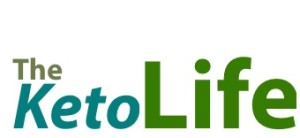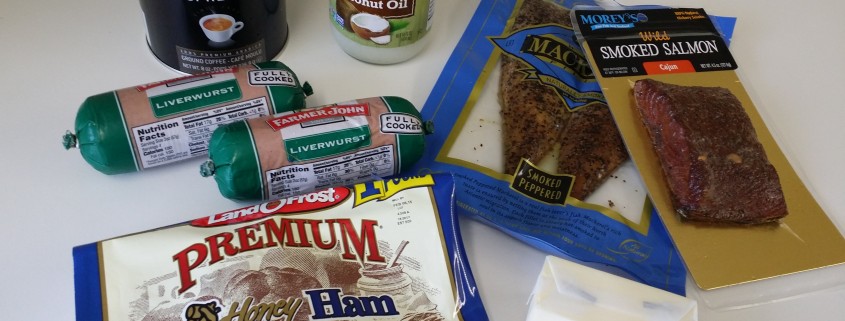Coffee May Cut Melanoma Risk
By NICHOLAS BAKALAR JANUARY 22, 2015 5:30 AM
Drinking coffee is associated with a slightly reduced risk for skin cancer, a new study has found.
Researchers used health and dietary data on 447,357 non-Hispanic whites ages 50 to 71 who were cancer free at the start of the study and followed them for an average of 10 years. Over the course of the study, the researchers identified 2,904 cases of melanoma, the most serious kind of skin cancer.
The more coffee consumed, the lower the risk. Drinking four or more cups of coffee was associated with a 20 percent risk reduction compared with those who drank none. The association did not hold for decaffeinated coffee or for melanoma in situ, melanoma in its earliest stages that affects only the top layer of skin.
While the results may be encouraging for coffee drinkers, “they do not indicate that anyone should change their coffee drinking preferences,” said the lead author, Erikka Loftfield, a graduate student at the Yale School of Public Health. “The most important thing a person can do to reduce risk is to reduce sun and ultraviolet light exposure.”
The study, in the Journal of the National Cancer Institute, controlled for age, sex, education, smoking, physical activity, alcohol consumption and other health, behavioral and genetic factors, but the authors acknowledge that other unknown variables might help explain the association.
New Artificial Sweetener Study No Excuse to Resume Drinking Full-Calorie Soda
Statement of CSPI Senior Scientist Lisa Lefferts
September 17, 2014
Intriguing findings in a paper published in Nature raise serious questions about the effect of saccharin and possibly other artificial sweeteners on the microbial world inside our digestive tracts and the resulting impact on blood sugar and metabolism. What these chemicals do in our gut deserves further study. But consumers already have ample reason to avoid saccharin and aspartame, and reason to be cautious about sucralose, primarily because of evidence from animal studies that they may cause cancer.
However, it would be a mistake to conclude that diet sodas are worse than drinks sweetened with sugar or high-fructose corn syrup, and no diet-soda drinker should interpret the new study as license to switch to regular soda. The study does not overturn the best studies that show that people who drink diet soda don’t have a higher risk of type 2 diabetes (unlike people who drink regular soda), and that people are more likely to gain weight on sugar-sweetened than diet beverages. These risks from sugar drinks far out-weigh the new concerns raised today about artificial sweeteners.

